How a Residential Roofing Contractor Can Help You Decide on the Best Roof For Your Home
In this article, we explore the critical role a residential roofing contractor plays in assisting homeowners with choosing the right roofing material. From assessing specific needs to understanding the market and environmental considerations, a professional's guidance can be invaluable.
Understanding Your Roofing Needs
When deciding on a roofing material, the type of home you own plays a significant role. Different architectural styles and structures come with unique requirements that must be met to ensure integrity and aesthetics. For example, a traditional Victorian home may call for a different roofing material than a sleek, modern architectural structure. Homeowners must consider the specific needs driven by their home's design to effectively communicate these preferences to a roofing contractor. Choosing the right material ensures that both the functional and visual aspects of the home are properly addressed.
Budget is another major consideration that homeowners need to address before selecting roofing materials. Roofing projects can be expensive, and it's critical to have a clear understanding of what you can afford. An experienced residential roofing contractor will help you assess your budget constraints, ensuring you find options that align with your financial plans. Additionally, understanding the long-term financial implications of different materials—from maintenance to potential savings on energy bills—is essential for informed decision-making. Engaging a contractor's expertise can aid in balancing both quality and cost-effectiveness.
The local environment and weather conditions will also greatly influence your roofing material choice. Depending on your region, you might face challenges like heavy rainfall, high winds, or extreme temperatures, each requiring specific roofing characteristics. A residential roofing contractor is well-versed in regional climates and can recommend materials suited to withstand these elements. For instance, homes in areas prone to harsh weather conditions may require impact-resistant asphalt shingles for added durability. Choosing shingles designed for specific climates ensures that homeowners receive long-term performance and protection against environmental wear and tear.
The Role of a Professional Assessment
A residential roofing contractor begins by conducting a thorough inspection of the current roof condition. This first step is crucial as it identifies existing issues and assesses the overall state of the roof. Contractors look for common problems such as leaks, mold, and structural degradation that can influence material choice. By understanding the limitations and needs of the existing roof, contractors can provide tailored recommendations best suited to the home's condition. The inspection results form the cornerstone for deciding whether to repair, restore, or fully replace the roof.
Potential structural issues are another critical area requiring a contractor's attention. The roof's supporting system, including the framework and beams, must be thoroughly evaluated to ensure they can handle new roofing materials. Fortunately, asphalt shingles are relatively lightweight compared to other materials, reducing the likelihood of requiring costly structural reinforcements. Contractors assess these factors and make sure the installation process is seamless and does not place unnecessary strain on the home’s structure.
Additionally, attic ventilation and insulation often go overlooked during roof replacements but are crucial for energy efficiency and roof lifespan. Proper ventilation helps to regulate temperature and moisture levels, preventing damage like ice dams in cold climates or excessive heat build-up in warmer areas. Insulation complements ventilation by maintaining the desired internal climate control, reducing energy usage and costs. A residential roofing contractor will evaluate these factors and suggest appropriate solutions, ensuring that the chosen roofing material complements these systems. By considering ventilation and insulation, homeowners can maximize their roof's effectiveness and longevity.
Exploring Roofing Material Options
Asphalt shingles remain the most popular choice for residential roofs, with an estimated 75% of roofs utilizing this material, according to Ruby Home. Known for their resilience and affordability, asphalt shingles offer a variety of styles and colors, allowing homeowners to achieve their desired aesthetic. They are easy to install and maintain, making them a favorable option among contractors and homeowners alike. Additionally, in our experience, they offer decent durability, often lasting 20 to 30 years, depending on local weather conditions. When budget constraints and ease of maintenance are key considerations, asphalt shingles often emerge as a leading solution.
Beyond affordability and durability, asphalt shingles also provide soundproofing benefits that can enhance the comfort of a home. They effectively reduce noise from external sources such as rain, hail, and wind, making them an ideal choice for homeowners who value a quieter indoor environment. Additionally, modern asphalt shingles are designed with enhanced UV resistance, helping to reduce heat absorption and contribute to a more energy-efficient home.
Another advantage of asphalt shingles is their adaptability to a wide range of roofing designs. With architectural and three-tab varieties available, homeowners can choose the option that best complements their home’s overall look. Architectural shingles, for example, offer a dimensional, high-end appearance, mimicking more expensive materials like wood or slate, while three-tab shingles provide a more uniform and cost-effective solution. Contractors can help homeowners select the right shingle style based on their budget, aesthetic preference, and performance needs.
Comparing Costs and Benefits
One of the primary tasks a residential roofing contractor handles is helping homeowners compare the initial investment of a roofing material against its long-term savings potential. While some materials may be more expensive upfront, their longevity and energy efficiency could save money over time. However, asphalt shingles strike an optimal balance between affordability and durability, making them an ideal investment for many homeowners. Their cost-effectiveness is further highlighted by their relatively simple maintenance, which helps avoid high upkeep costs in the long run.
Maintenance is an ongoing consideration for any roofing material, impacting both convenience and lifetime costs. Different materials have varying maintenance demands, and homeowners need to understand what's involved in keeping their chosen roof in optimal condition. Asphalt shingles, for example, may need periodic inspections and occasional repairs, but they do not require the extensive maintenance associated with other materials like wood or tile. A contractor will guide homeowners through these maintenance requirements, providing schedules and expectations for proper upkeep.
Understanding the long-term maintenance landscape can significantly influence the material selection process.
Furthermore, asphalt shingles are one of the most accessible roofing materials in terms of availability and repairability. In the event of damage, individual shingles can often be replaced without requiring a full roof overhaul, helping homeowners save money on repairs. This ease of repair, combined with their affordability, makes asphalt shingles a practical and reliable choice for many residential properties.
Understanding Local Building Codes
Local building codes and regulations significantly influence roofing choices, and a residential roofing contractor is instrumental in deciphering these rules. Every region has specific requirements that dictate what materials and construction methods are permissible. Contractors remain updated on these codes, ensuring compliance and preventing any legal or safety issues that could void warranties or lead to fines. Their role in ensuring adherence to regional regulations is crucial for a smooth and legally compliant project execution. This guidance assures homeowners that their roofing choices align with community standards and safety criteria.
Additionally, warranties and manufacturer specifications are key factors when selecting asphalt shingles. In our experience, many brands offer warranties ranging from 20 to 50 years, depending on the product line and installation quality. A professional contractor ensures that the roofing installation meets manufacturer guidelines, preserving warranty coverage and providing homeowners with peace of mind.
With asphalt shingles offering a combination of durability, affordability, and design versatility, they remain the top choice for homeowners seeking reliable roofing solutions. Working with a residential roofing contractor ensures that the selected material aligns with personal needs, budget, and environmental concerns. Ultimately, their professional input can guide homeowners toward a decision that ensures both satisfaction and a secure, lasting roof. Call Dillman Brothers today!

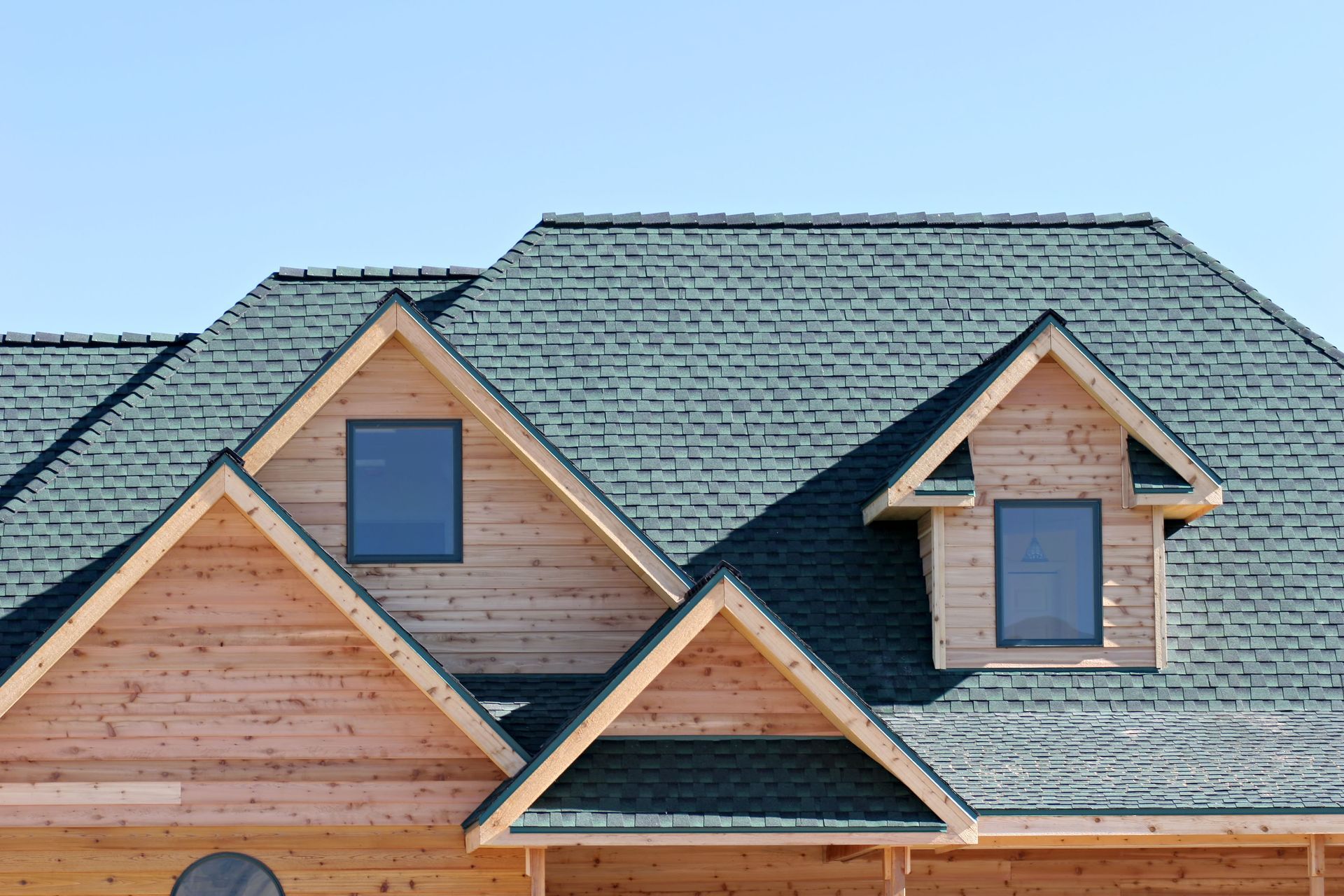
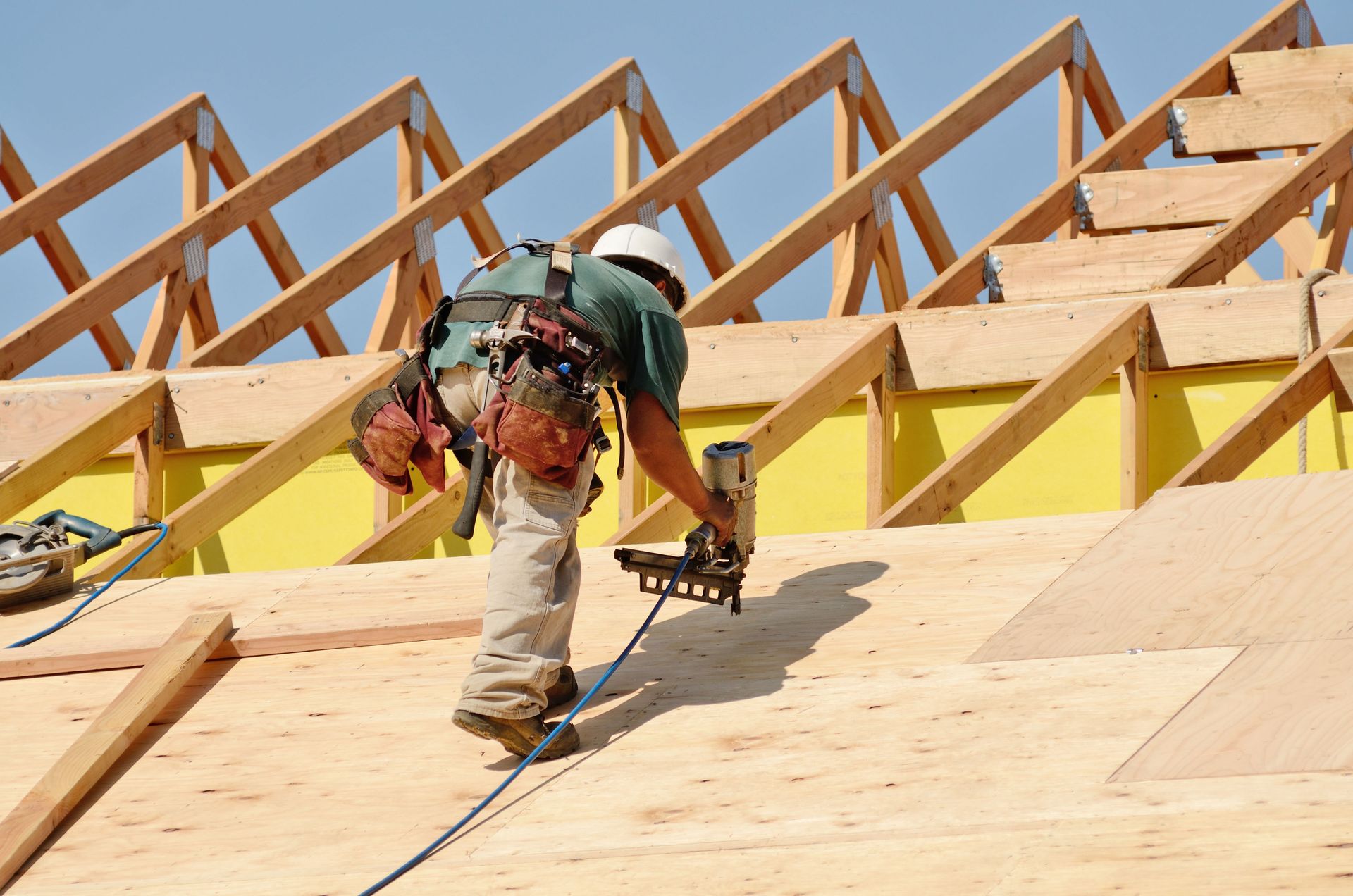
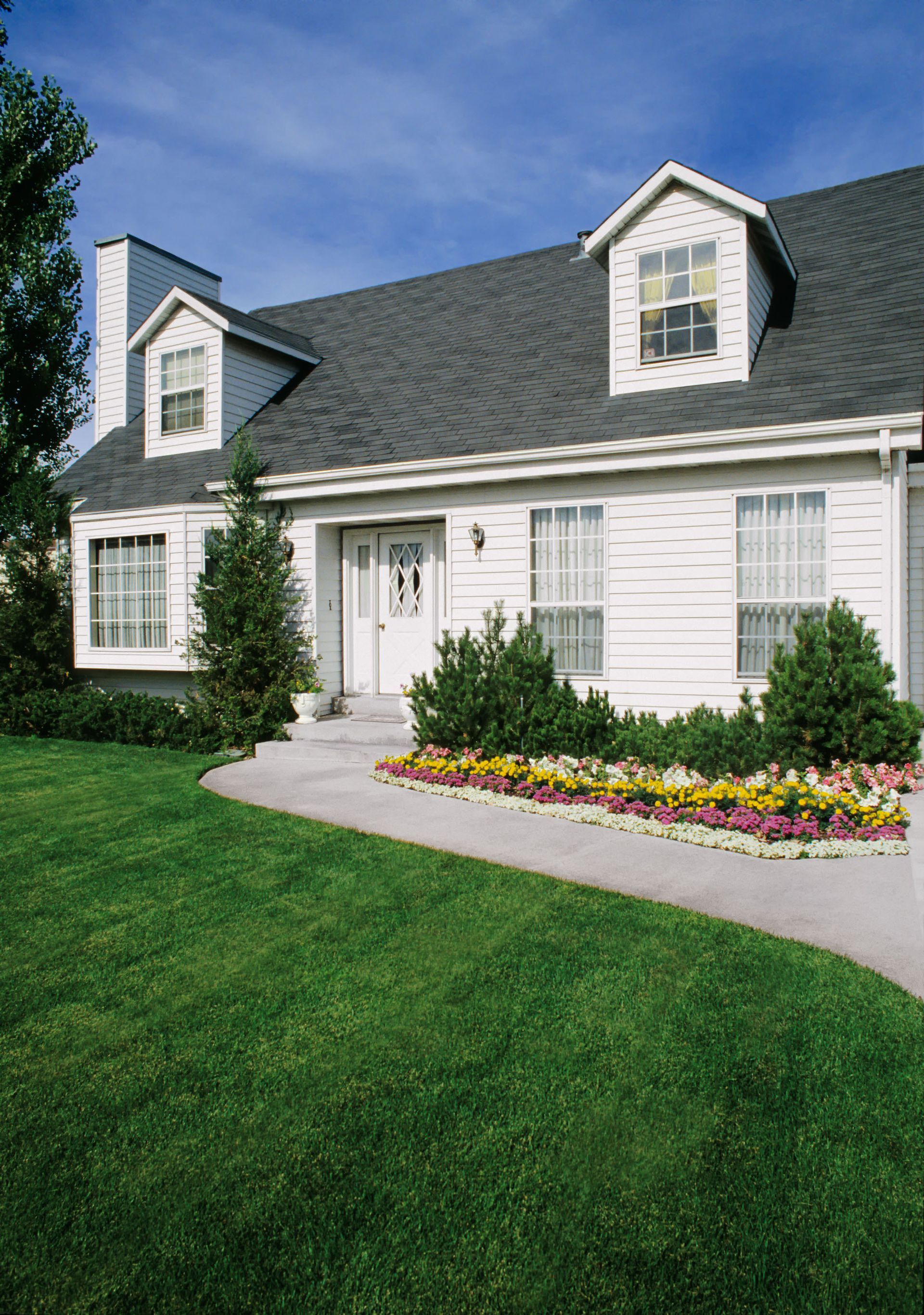
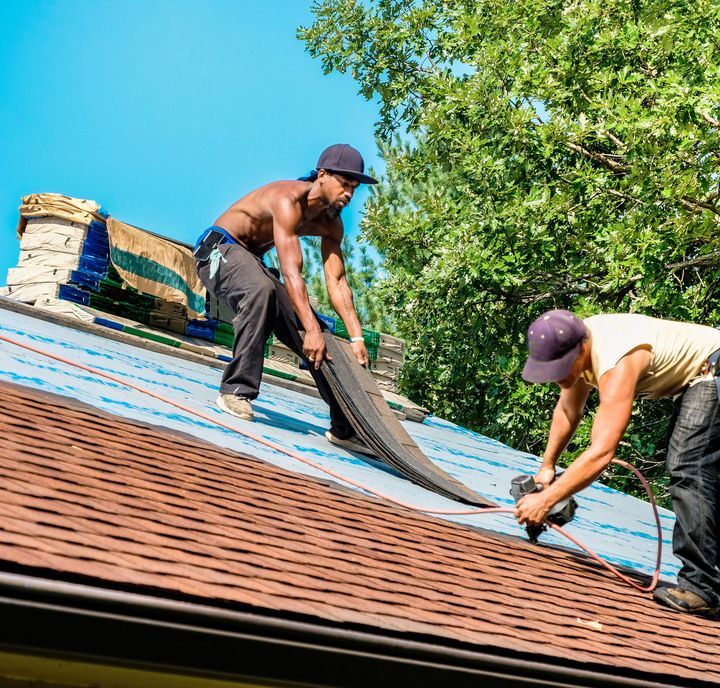
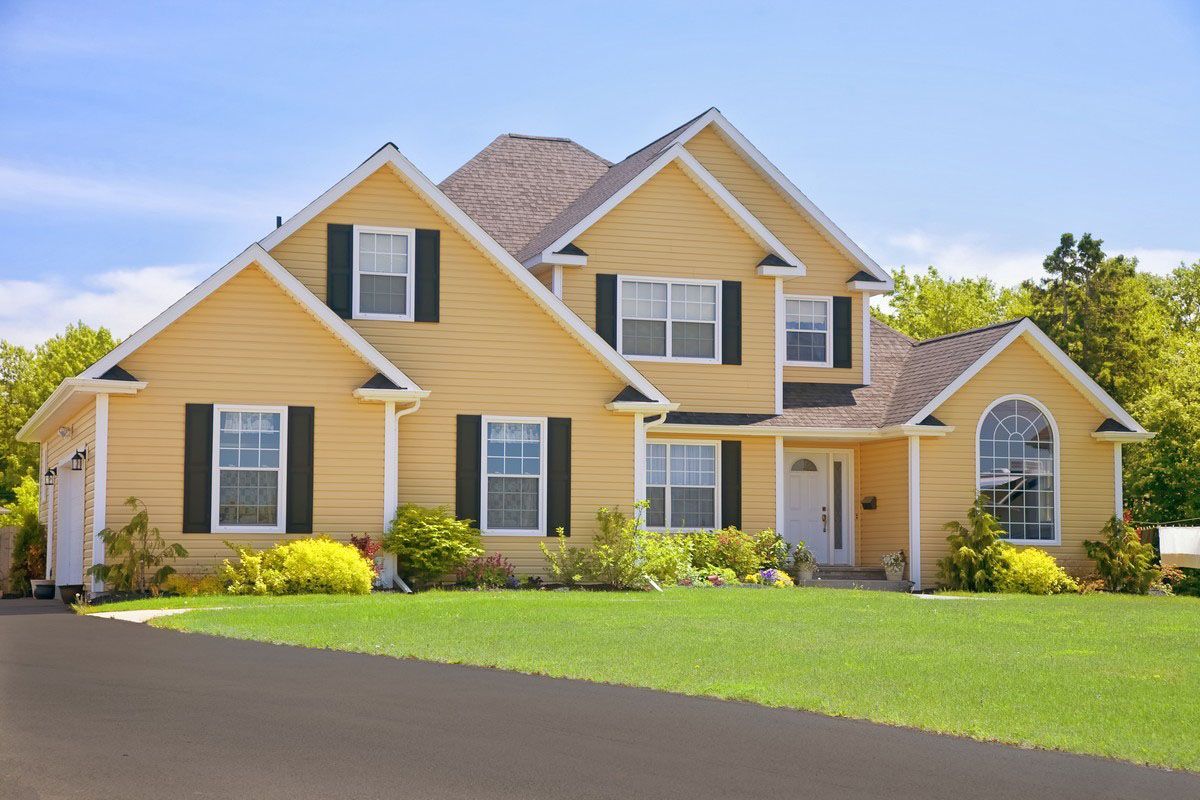
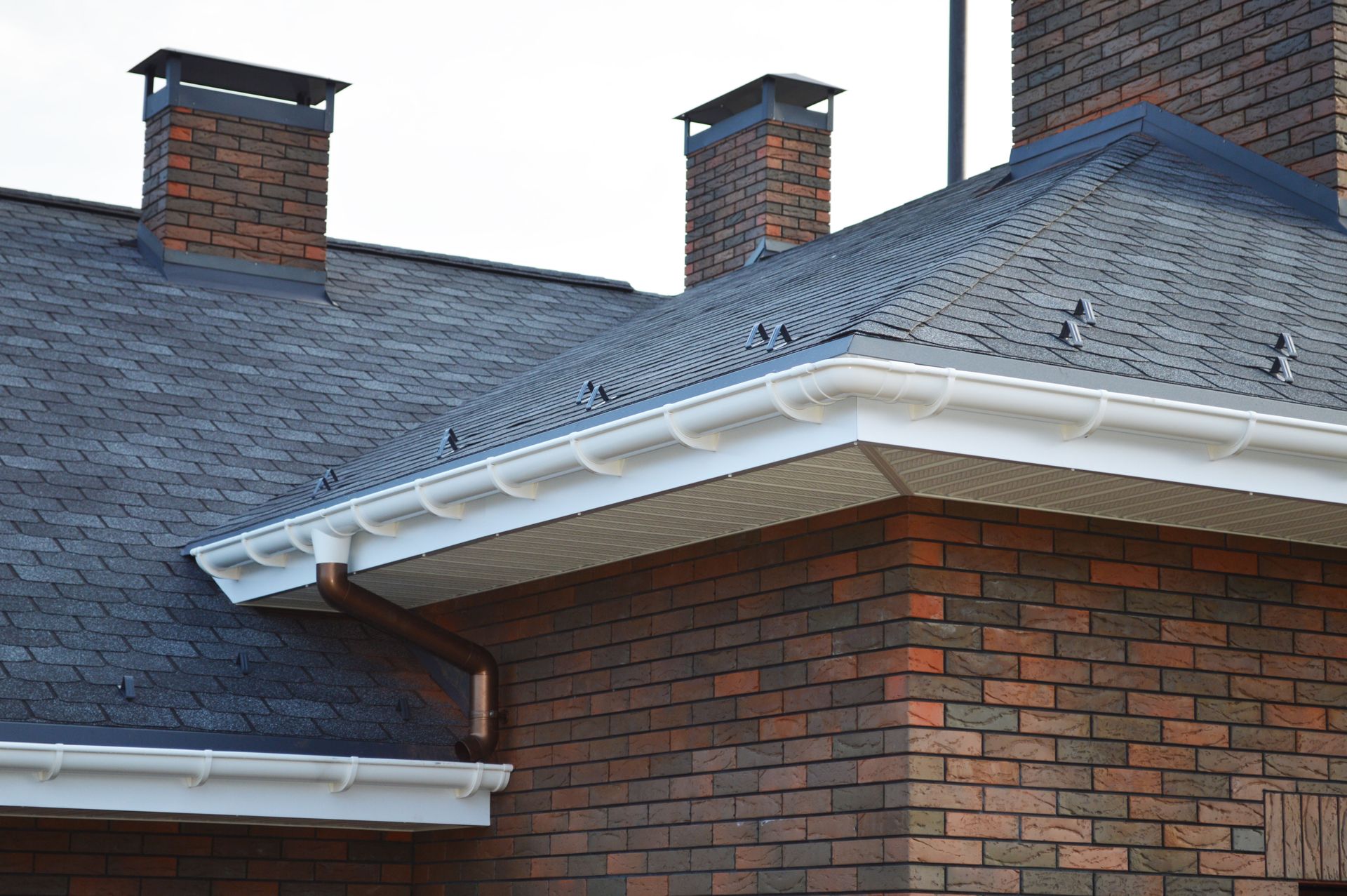
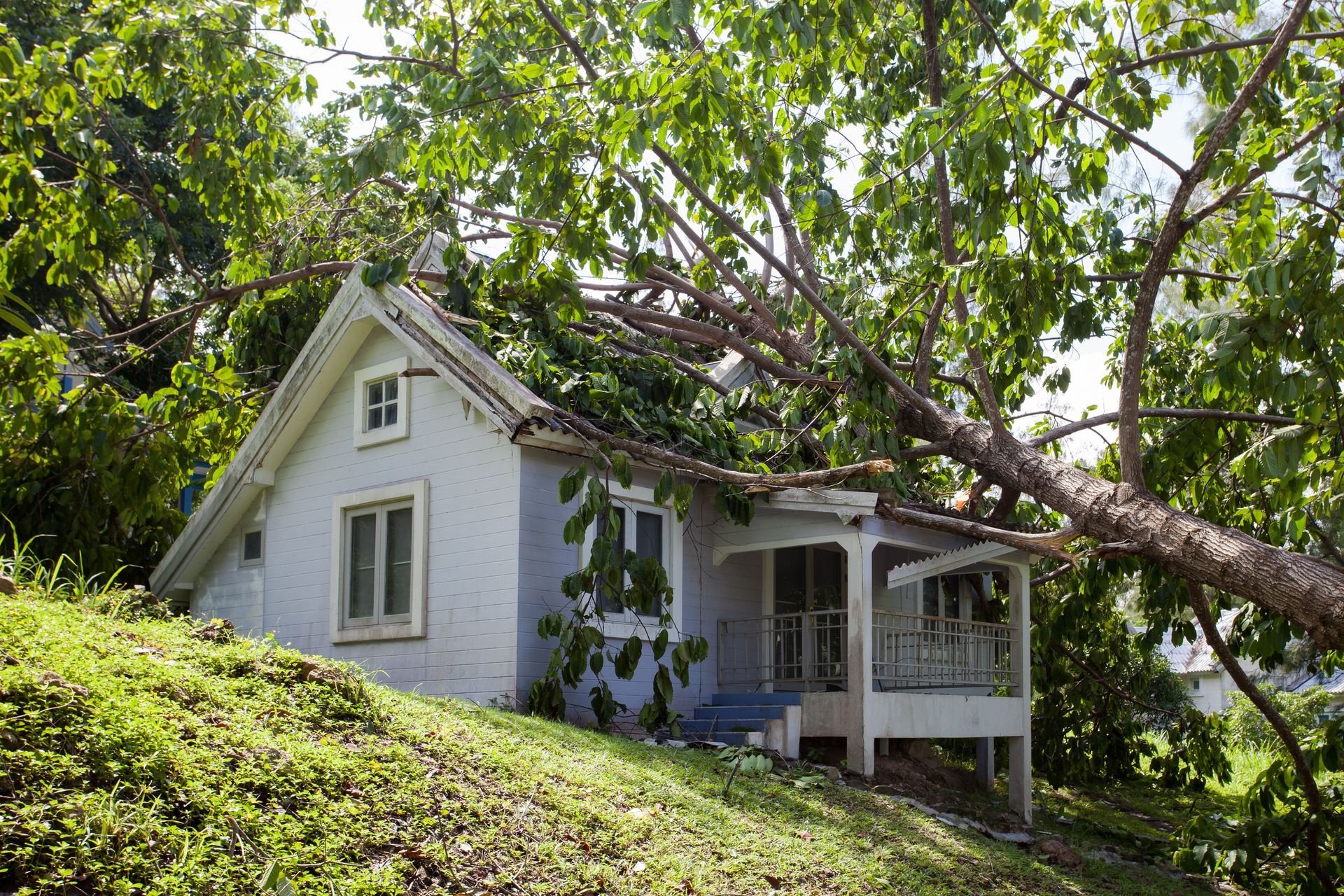
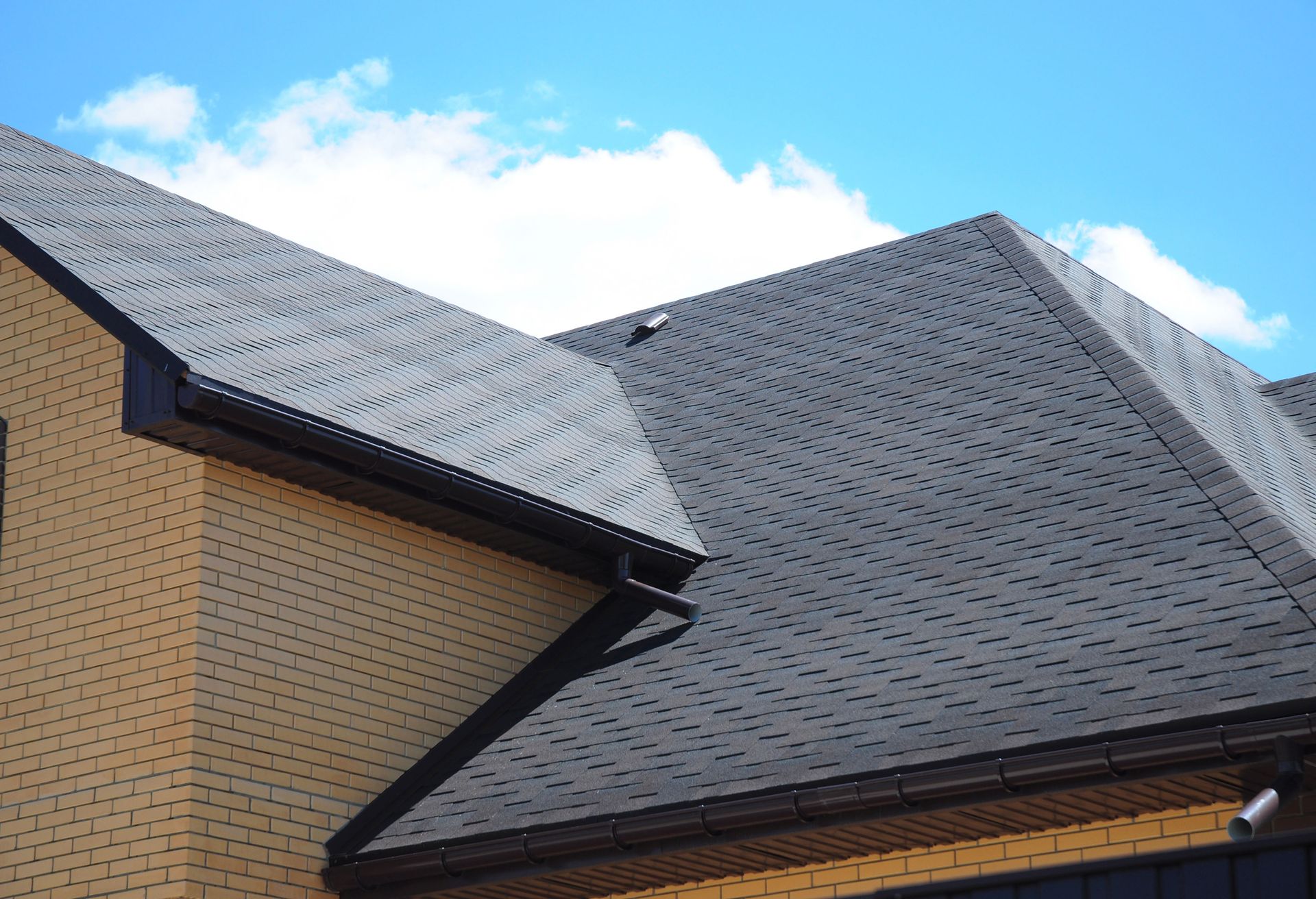
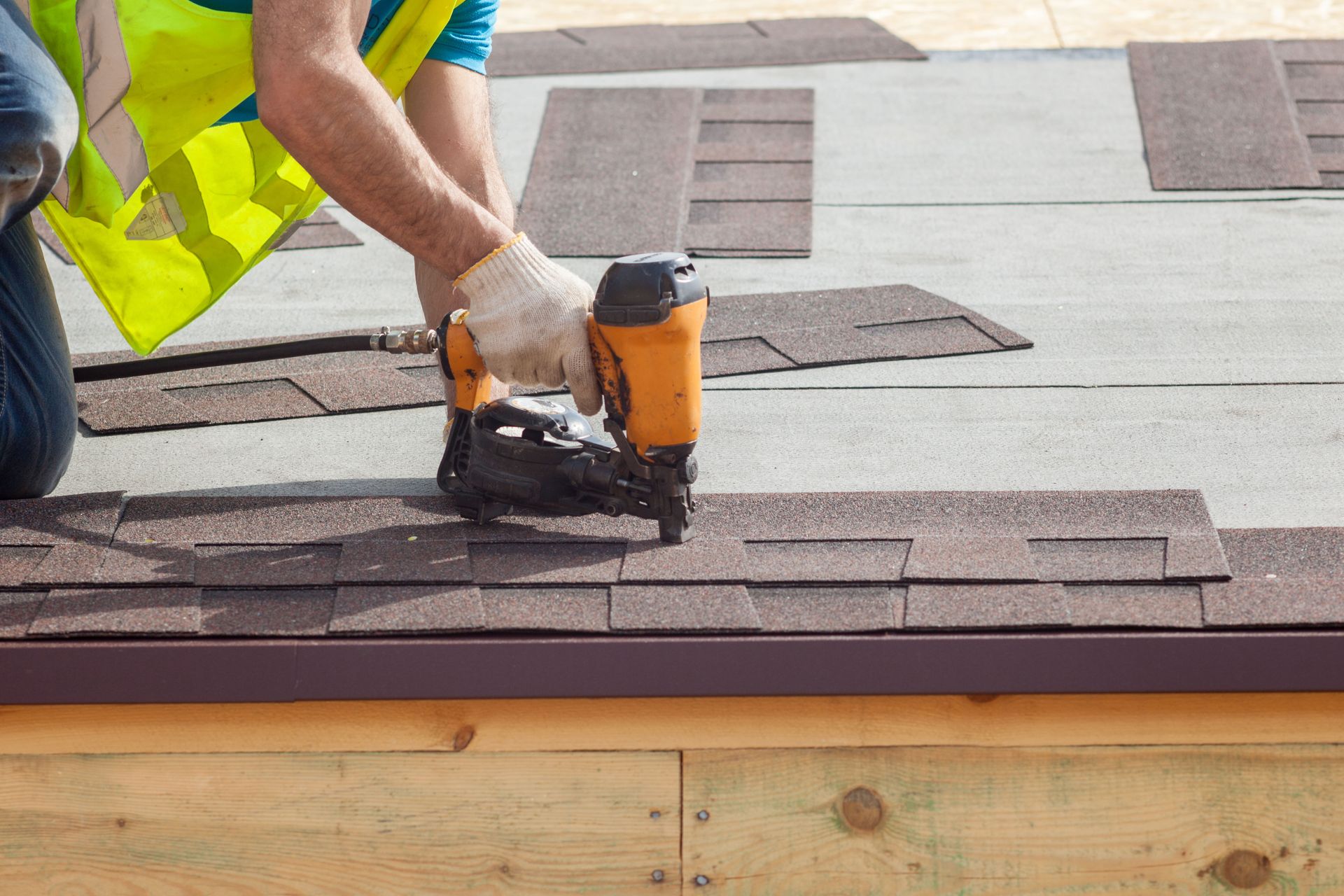
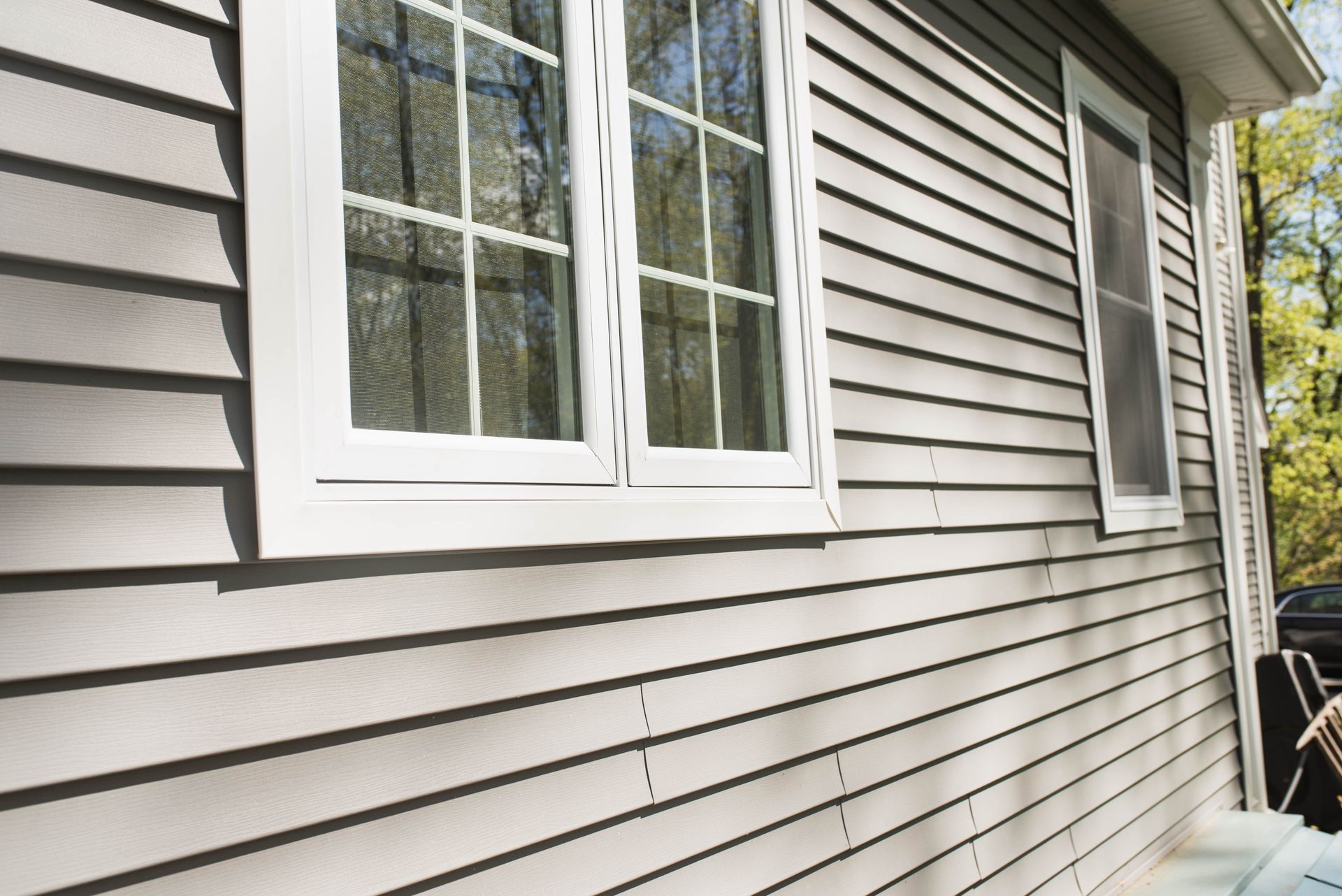
Share On: